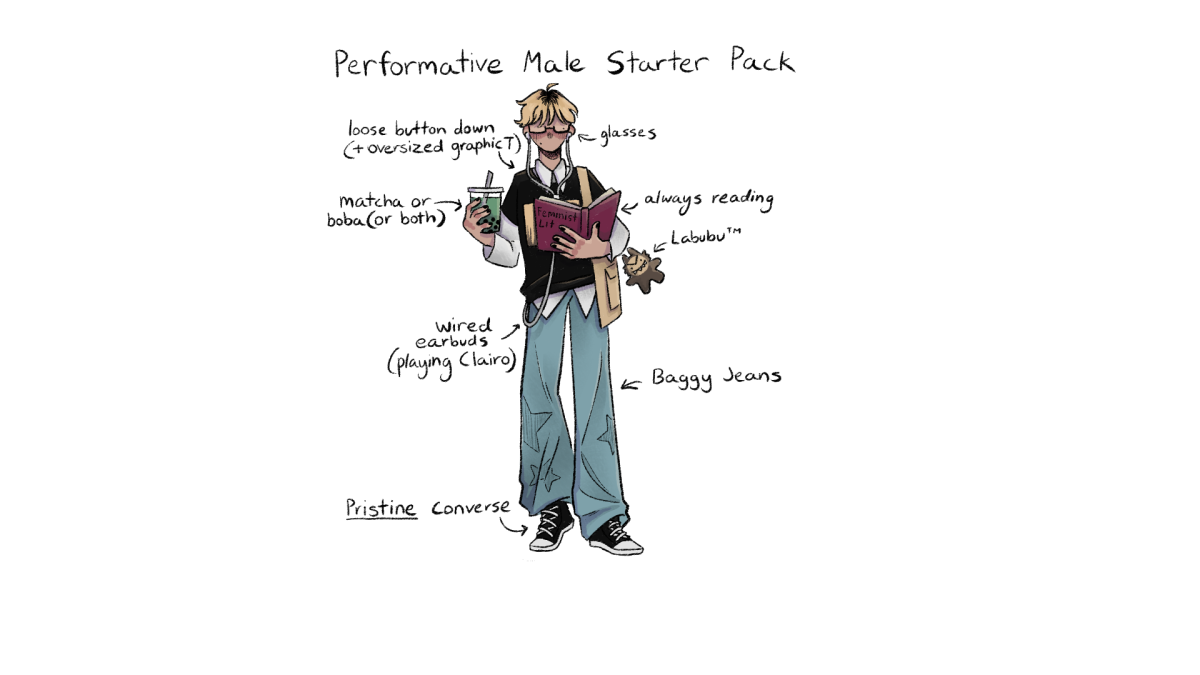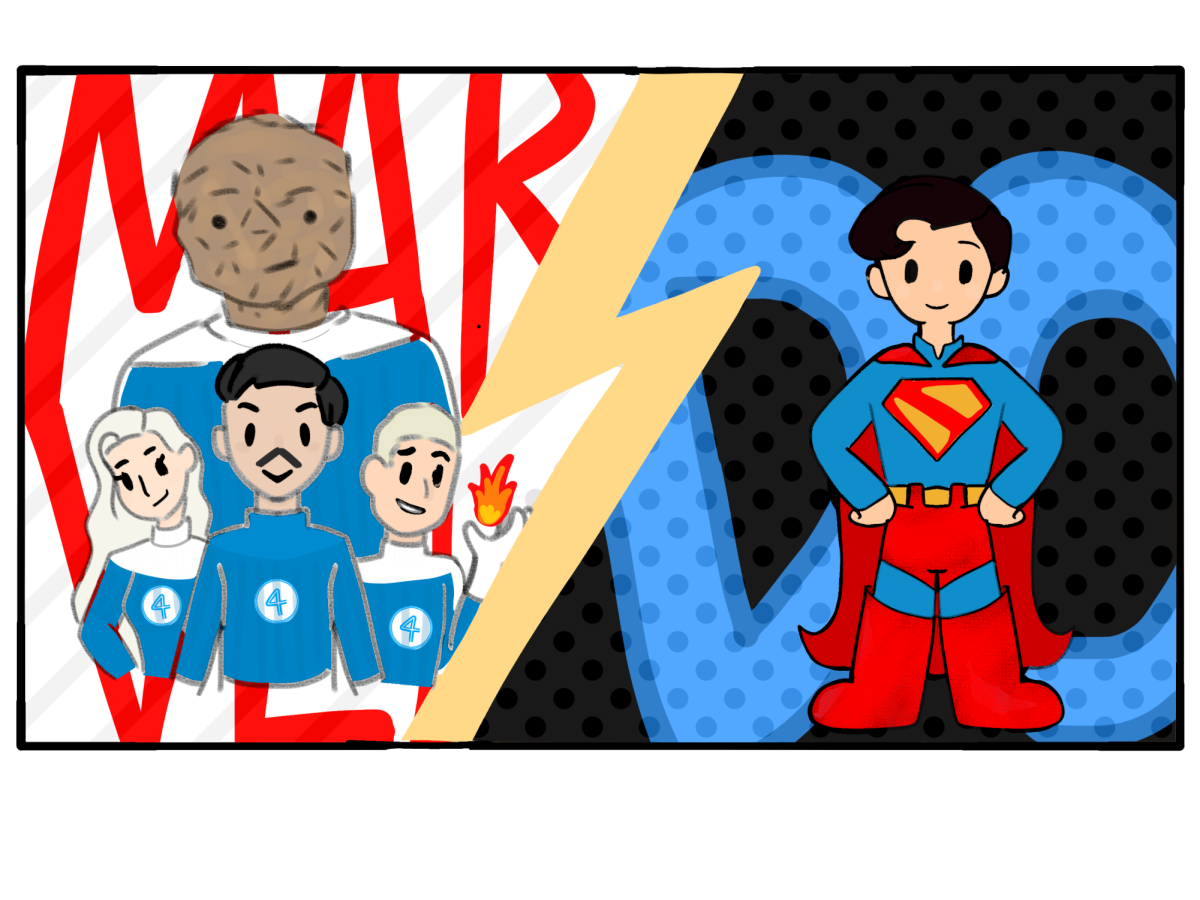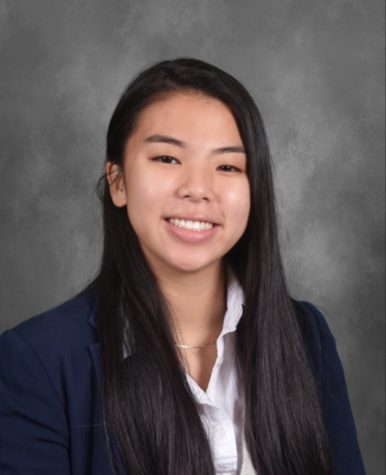Crazy Rich Asians: the beginning of a diverse Hollywood?
Media: Elizabeth Liang Hudak ’21
When the highly anticipated rom-com “Crazy Rich Asians” hit theaters in August 2018, Asians swarmed the theaters to watch a major motion picture with a cast that looked like them for the first time in 25 years, since “The Joy Luck Club” came out in 1993.
Misrepresentation and whitewashing of Asians has always been a critical issue in Hollywood. Characters originally conceived as Asian all too frequently end up being portrayed by white actors on the big screen. From I.Y Yunioshi in “Breakfast at Tiffany’s” to “Doctor Strange,” Asians from all over the world have watched their ethnicity and culture being misrepresented and forgotten.
Due to its historic opening, “Crazy Rich Asians” received global praise from Asians and non-Asians alike. Celebrities expressed their support on Twitter using the campaign #RepresentationMatters; the effect of “Crazy Rich Asians” was also appreciated in many other places, including our Hill community.
Ms. Garvin, the faculty sponsor of HASOGI, described representation as “feel[ing] like your experience and your culture has been validated.” She continued by saying that this was not “the first time that [she] had seen a contemporary movie of not only an all Asian cast, but one that includes multiracial characters and actors as well.”
Tram Anh: Growing up in Vietnam, I was expected to pursue certain professions and fields in academia in order to be defined as “successful.” I struggled to keep up with these set expectations because I was constantly trying to become someone I was not. Mainstream Hollywood solidified this idea; I never really saw Asian actors or actresses on the big screen, and even if they were, they were always misrepresented. Asian actors always portrayed characters that were tech nerds, the ninjas, the kung fu masters, etc. However this summer, the flood of diverse representation finally showed the world that the label “Asian” has no boundaries.
Elizabeth: Racial identity is one of the most prevalent themes of “Crazy Rich Asians.” The protagonist Rachel Chu is an Asian American immigrant whose broken household and middle-class status are held in stark contrast to Nick Young’s traditional, old-money, Chinese family. Coming from a non-Asian upbringing myself and spending the majority of my life in a community with little cultural diversity, the pressure to be more “American” while trying to maintain my Chinese heritage has always been a seemingly impossible act to balance. Even though the film certainly does not encompass anywhere near the diversity of Asia or all of the aspects of being Asian, it highlights the differences and adversities of the American vs. the Asian experience, which I and so many others can identify with.
“Crazy Rich Asians” was a pivotal point for both the Asian and Asian American communities. The impact is reflected in the box office as it was the most successful rom-com in almost a decade and has shown the power of diversity and representation. In addition, it has allowed Asians to share their voice and stories; it has opened doors for people to understand Asian culture. The movie has smashed the Asian stereotype created in part by Hollywood itself and spread a sense of empowerment in Asians everywhere- from the Rachel Chu’s to the Nick Young’s.
























